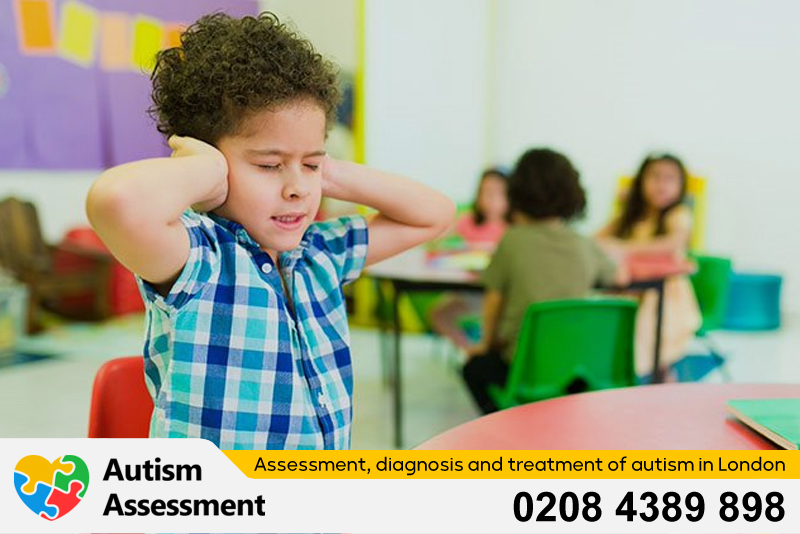Exploring the Link Between Premature Birth and Autism Spectrum Disorder
Autism Spectrum Disorder (ASD) is a complex neurodevelopmental condition characterized by challenges with social skills, repetitive behaviors, speech, and nonverbal communication. The causes of ASD are multifaceted and not fully understood, but they include genetic, environmental, and biological factors. One area of ongoing research is the potential link between premature birth and the increased risk of ASD.
Premature birth, defined as delivery before 37 weeks of gestation, has been associated with a variety of long-term health issues. Recent studies have suggested that there may be a connection between being born prematurely and a higher likelihood of being diagnosed with ASD. A large population-based cohort study conducted in Sweden, involving over 4 million singleton infants born between 1973 and 2013, found that preterm and early term birth were associated with an increased risk of ASD in both boys and girls. The study utilized Poisson regression to adjust for confounders and also conducted cosibling analyses to assess the influence of unmeasured shared familial factors. The results indicated that the associations were largely independent of covariates and shared familial factors, suggesting a potential causal relationship.
Another comprehensive analysis echoed these findings, reporting that premature birth is tied to an increased chance of having autism. This study highlighted the importance of early evaluation and long-term follow-up for infants born prematurely to support the timely detection and treatment of autism. It emphasized that early intervention can significantly impact the outcome and that effective interventions are increasingly available.
It is important to note, however, that not all babies born prematurely will develop ASD. The exact cause of premature birth is often unclear and can involve a complex interplay of genetic, environmental, and lifestyle factors. Moreover, the association between premature birth and ASD does not imply that one directly causes the other. There could be underlying biological mechanisms that are yet to be fully understood.
The research suggests that healthcare providers should be vigilant in monitoring the development of children born prematurely. Parents and caregivers of preterm infants should be aware of the potential risks and seek early intervention services if developmental concerns arise. Early intervention programs can provide therapy and support to enhance the development of children at risk for or diagnosed with ASD.
In conclusion, while premature birth has been linked to an increased risk of ASD, it is just one piece of a larger puzzle. Ongoing research is crucial to unravel the complex interactions between genetic, environmental, and biological factors that contribute to the development of ASD. Understanding these relationships will help improve risk stratification, early detection, and intervention strategies, ultimately enhancing the quality of life for individuals with ASD and their families.
For more detailed information on the studies mentioned, you can refer to the original publications. It is always recommended to consult with healthcare professionals for personalized medical advice and support.



